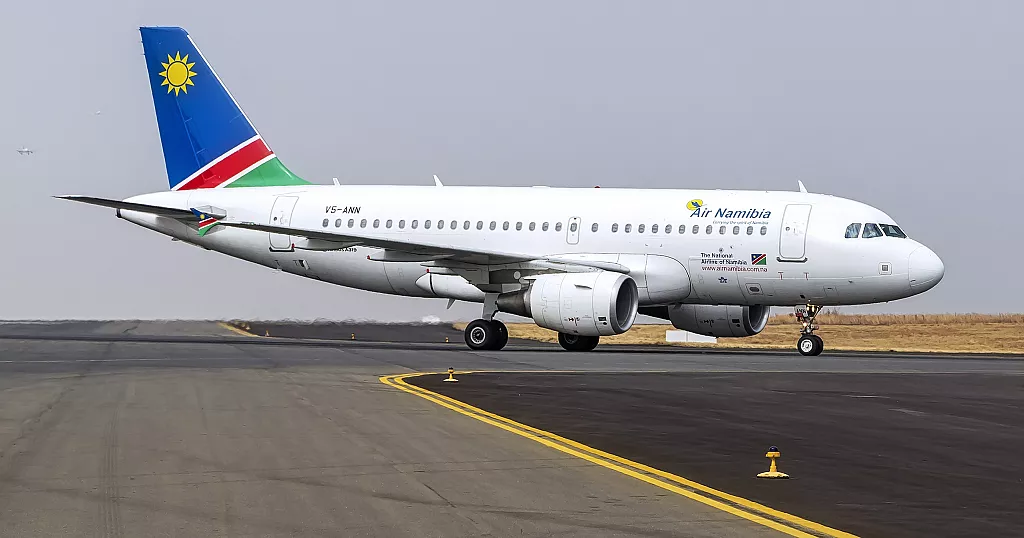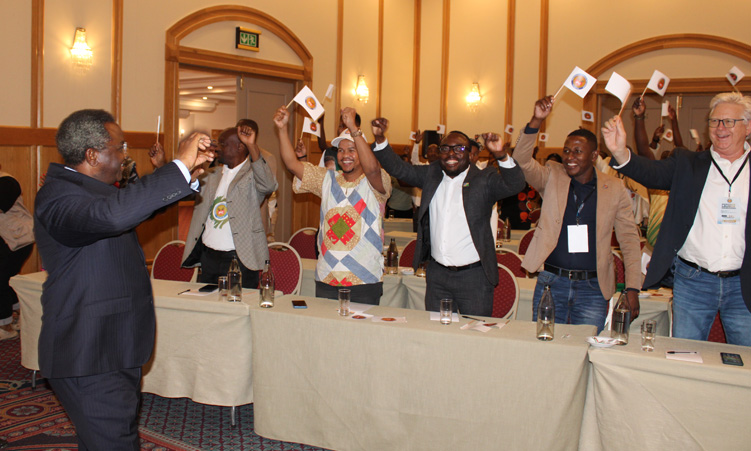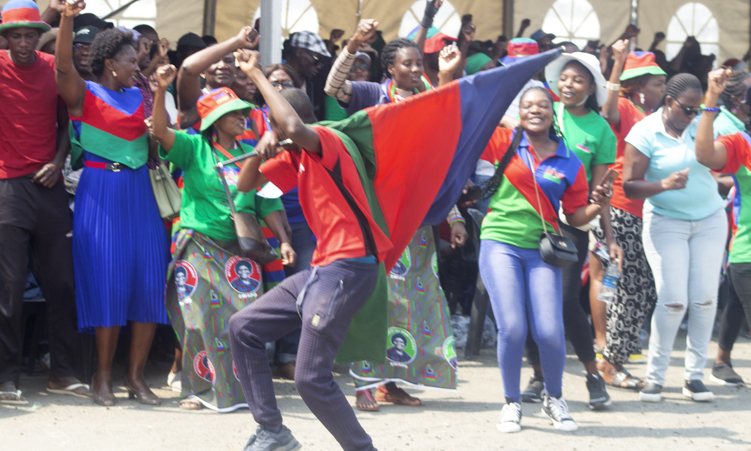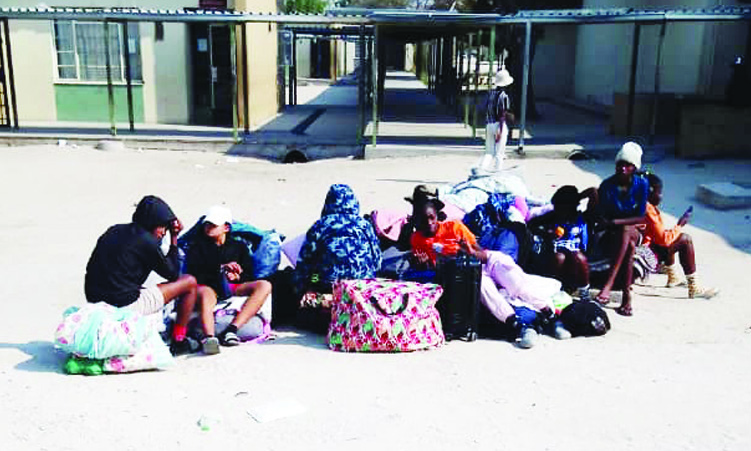UNITED NATIONS – The UN Security Council on Wednesday asked Secretary-General Ban Ki-moon to plan for the possible deployment of a UN peacekeeping force in Somalia to replace African Union troops, reiterating an August request that Ban rejected.
The council also said it looked forward to hearing more details of proposals by Ahmedou Ould-Abdallah, the new UN envoy for Somalia, on improving security and promoting political reconciliation in the conflict-wracked nation. Somalia has not had an effective government since 1991.Ould-Abdallah on Monday urged Saudi Arabia to use its “moral authority” to get more troops on the ground and bring the opposing parties together to help end the violence in the Horn of Africa nation.He said he wants to simultaneously launch new political talks and a new security initiative that would beef up the 1 800 AU troops from Uganda now on the ground in Somalia as an interim measure, ahead of an eventual takeover by UN peacekeepers.With the support of the secretary-general, Ould-Abdallah said he plans to pursue this two-track ‘road to peace’ without delay because security is deteriorating daily.He asked council members for their support and told reporters afterward their reaction was ‘very positive’.A statement from the Security Council read at a formal meeting Wednesday afternoon welcomed the UN envoy’s Monday briefing in which he called on the international community to commit itself to a clear course of action.But the council did not make a commitment.Instead, the statement from the 15 members said ‘the Security Council looks forward to hearing more details on (Ould-Abdallah’s) proposals.”It added that the council strongly supports his efforts “to work towards lasting peace and stability in Somalia’.The Security Council also looks forward ‘to the early establishment of an effective government’ in Somalia and urged all Somali parties ‘to reject violence and …to enter into a substantial dialogue aimed at achieving a full and all-inclusive national reconciliation’, with the support of Ould-Abdallah.Somalia has not had a functioning government since clan-based warlords toppled dictator Mohamed Siad Barre in 1991 and then turned on each other, sinking the poverty-stricken nation of seven million people into chaos.Its weak transitional government, backed by Ethiopian troops, is struggling to quash an Islamic insurgency that has killed thousands of civilians this year.Nampa-APSomalia has not had an effective government since 1991.Ould-Abdallah on Monday urged Saudi Arabia to use its “moral authority” to get more troops on the ground and bring the opposing parties together to help end the violence in the Horn of Africa nation.He said he wants to simultaneously launch new political talks and a new security initiative that would beef up the 1 800 AU troops from Uganda now on the ground in Somalia as an interim measure, ahead of an eventual takeover by UN peacekeepers.With the support of the secretary-general, Ould-Abdallah said he plans to pursue this two-track ‘road to peace’ without delay because security is deteriorating daily.He asked council members for their support and told reporters afterward their reaction was ‘very positive’.A statement from the Security Council read at a formal meeting Wednesday afternoon welcomed the UN envoy’s Monday briefing in which he called on the international community to commit itself to a clear course of action.But the council did not make a commitment.Instead, the statement from the 15 members said ‘the Security Council looks forward to hearing more details on (Ould-Abdallah’s) proposals.”It added that the council strongly supports his efforts “to work towards lasting peace and stability in Somalia’.The Security Council also looks forward ‘to the early establishment of an effective government’ in Somalia and urged all Somali parties ‘to reject violence and …to enter into a substantial dialogue aimed at achieving a full and all-inclusive national reconciliation’, with the support of Ould-Abdallah.Somalia has not had a functioning government since clan-based warlords toppled dictator Mohamed Siad Barre in 1991 and then turned on each other, sinking the poverty-stricken nation of seven million people into chaos.Its weak transitional government, backed by Ethiopian troops, is struggling to quash an Islamic insurgency that has killed thousands of civilians this year.Nampa-AP
Stay informed with The Namibian – your source for credible journalism. Get in-depth reporting and opinions for
only N$85 a month. Invest in journalism, invest in democracy –
Subscribe Now!






